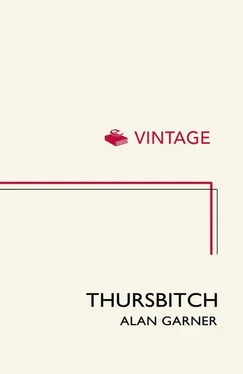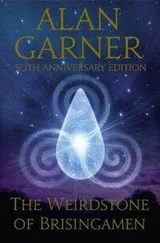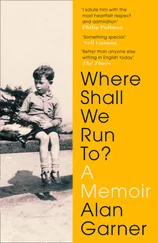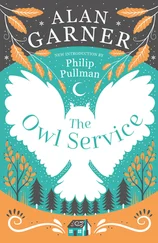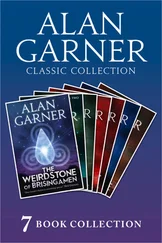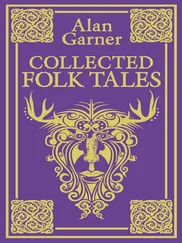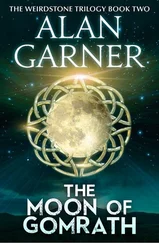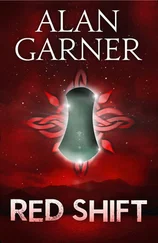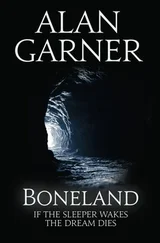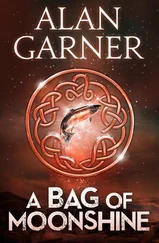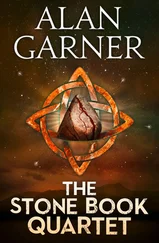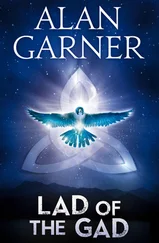“Do they?”
“They do. And yon’s for why I’ve fetched you this. So as a throwster can be as grand as any.”
“But what is it?”
“Pockets.”
“It’s never pockets. Pockets are in your britches.”
“But, down London, it’s what them fine ladies wear, I’m told.”
Nan Sarah opened up the silk.
It was a belt, and from it hung two deep pouches, all in red. In each was a slit running down from the top to the middle, and every seam and edge was stitched in green. Patterns of yellow flowers on green stems were interlaced, with petals marked and hued, and among the flowers hung bees, the wings embroidered white, with every vein clear.
“Jack. It’s gorgeous. How must I wear it?”
“I’m told sideways.”
“I’ve got no sideways!”
“Down London, ladies put them under their skirts and petticoats.”
“What?” said Nan Sarah. “You mean none of this shows?”
“Well, I never saw any,” said Jack. “I got all this off a Frenchie as didn’t talk too much English. It makes you wonder how them lot manage. He seemed in a bit of a hurry, so it didn’t take much to knock him down. He was glad enough with me malt. And I always like to leave a chap happy and smiling.”
“I’ll not wear them under,” said Nan Sarah. “Let’s give Lomases summat to talk about. Lend us a hand, Jack.”
Jack put the belt around Nan Sarah and tied it in a bow. The pockets sat on her hips.
“It’s a good job I came when I did,” he said. “Another three-week and you’d have had to wait.”
Nan Sarah lifted her arms to show off the pockets.
“You look well,” said Mary. “But if they’re pockets for ladies, what shall you put in them?”
“Me hands,” said Nan Sarah.
She thrust them deep into the pockets, and skipped around, holding them out.
Mary sat with the looking glass and made different faces in it. Richard Turner filled his pipe, staring into the fire.
Jack went to settle the horses. Nan Sarah followed, her hands still in the pockets.
“Yon young youth,” said Richard Turner. “He’s got a boggart in him. Don’t ask me: but in him there is a boggart.”
“Time for bed, wife.”
“Yes, Jack.”
“So they’ll do, will they?”
“They’ll do, love.”
Still with her hands inside the silk, she took hold of him, and they danced together into their room, and kissed. He undid the bow and she folded the pockets and put them on a chair. He snuffed out the rush light.
“Has there been any foreigners while I was gone, Nan Sarah?”
“Above a few jaggers, but none as we don’t know.”
“I saw a couple of chaps standing up Thoon when I was coming down Todd Hill,” he said. “I couldn’t make nowt of ’em, except one was on two sticks. How does a chap on two sticks get up Thoon? But from me to them the distance was savage.”
“No. There’s been none like that.”
“Savage. Oh, wife, each night of all them miles, how I have missed you. But if I never went, how could I come home?”
THEY WERE DOING the autumn jobs.
“There’s some thackstones loose,” Jack said. “I’ll fetch the ladder.” He climbed onto the roof and walked around, checking the slabs. Some he slid into place on their latts; others had lost their bone pegs and he took fresh ones and set them in their holes. Richard Turner watched from below.
“We need two narrow ladies, Father, for close by the chimney; one rogue-why-wink-thee, a small duchess, a wide countess, a short haghatty; and we’d best have a twothree bachelors. I’ll give you a hand.”
Richard Turner went to the stone stack to sort out the different sizes. The smaller pieces he carried to the ladder, while Jack walked the heavier slabs on their corners. They put the stones in a sling on the end of a rope, and Jack went back to the roof, while Richard Turner climbed the ladder and guided the sling. It took six loads to get the pieces up.
Once on the roof, they moved together, gentle and slow, not to slip, and so that no fixed stones were damaged. They had to prise firm slabs to take out each broken one and peg in the new. It was all heavy work on the pitch of the roof.
“Father?”
“Ay?”
“What’s Sin?”
“How do you mean, sin?”
“It’s summat to do with churches, I reckon; and you’ve been Taxal and Macc. What are they for?”
“They’re bury-holes.”
“Then what are steeples?”
“So as you can tell where the bury-hole is, and folks don’t go traipsing round all day carrying dead uns.”
“But I see ever so many when I’m leading me jags.”
“That’ll be on account of having ever so many dead uns. They’d not all fit in Taxal and Macc. I recollect you can get wed there, too, if you’ve a mind and can find a parson. There had used to be a lot on it one time o’ day, I do believe. Quite a curfuffle. Me father had used to talk of it. And his father had used to say there was a big to-do once. But it was always summat and nowt, in my youth. And there’s none of it goes on as makes any odds now. Why do you ask?”
“Down Derby and places, I’ve seen churches thrunk with folk, and bells ringing. What are they at?”
“Oh, I’ll grant you, there’s many as like to get together and sing their little ditties. But in these parts, it’d be a day’s work to fetch enough on us for make a cat laugh.”
“But what’s Sin?”
“Don’t be daft, youth. Yon’s a word; same as, It’s long sin we had such a storm. Or, It’s a while sin you gave me this here thackstone to hold while you rambled and romped with your mither.”
Jack chuckled, pegged the stone and fitted it over the latt.
When they had done, they climbed down and sat in the lee of the wind and smoked their pipes. The day was golden.
Richard Turner dozed. Jack looked out over Park Meadow up to Buxter Stoops, but his eyes were seeing beyond. He took a short stick out of his britches. At the top was a drum, deeply carved, and above that a knob, or an acorn, or a bud. From the edge of the drum hung a wooden bead on a chain. Jack worked the handle with his wrist, and the drum began to spin. As it spun faster, the bead moved outwards on its chain, and the weight of it made the spinning easier. The drum whirred. Jack saw further through the tobacco smoke.
Richard Turner half opened one eye.
“And what’s yon huzzing effort?”
“It’s me little whizzler,” said Jack.
“And what’s it for?”
“I don’t know. Nor did the chap I got it off. He didn’t think much on it, so I did him a favour. It helps me think. And me beasts follow it. And there’s times when a man’s weary and feeling far from home; and then it can put him right for another day. There’s all manner of thing can be fetched round a fire at night, if a man looks.”
He watched the spinning drum.
“I saw some queer chaps this last jag, Father.”
“Oh, ay?”
“They kept jumping up at markets and flustering folks. But folks were moths in a candle wi’ ’em, and having a right good skrike and acting feart.”
“Oh, ay?”
“Where’s sense in being feart and skriking, and then shouting as they’d had a right good time? I heard ’em.”
“And what were these chaps on about?”
“They were promising as we were all going to burn in big ovens when we die, because we were all born nowty, and there was some governor as had it in for us, choose how much we said we were sorry. But sorry for what? No matter o’ that, his gang were going to shovel us in ovens and roast us on forks, day and night for evermore. Leastways, that’s what I made on it. But these chaps were chelping all the same tatherum-y-dyal, I couldn’t rightly say what they were at. First one as I heard, I thought he was just bad luck top end. But if he was, there’s many same as him now. And folks seemed to be enjoying theirselves. Why? That’s what I can’t plunder. Where are they from? And is it catching?”
Читать дальше
